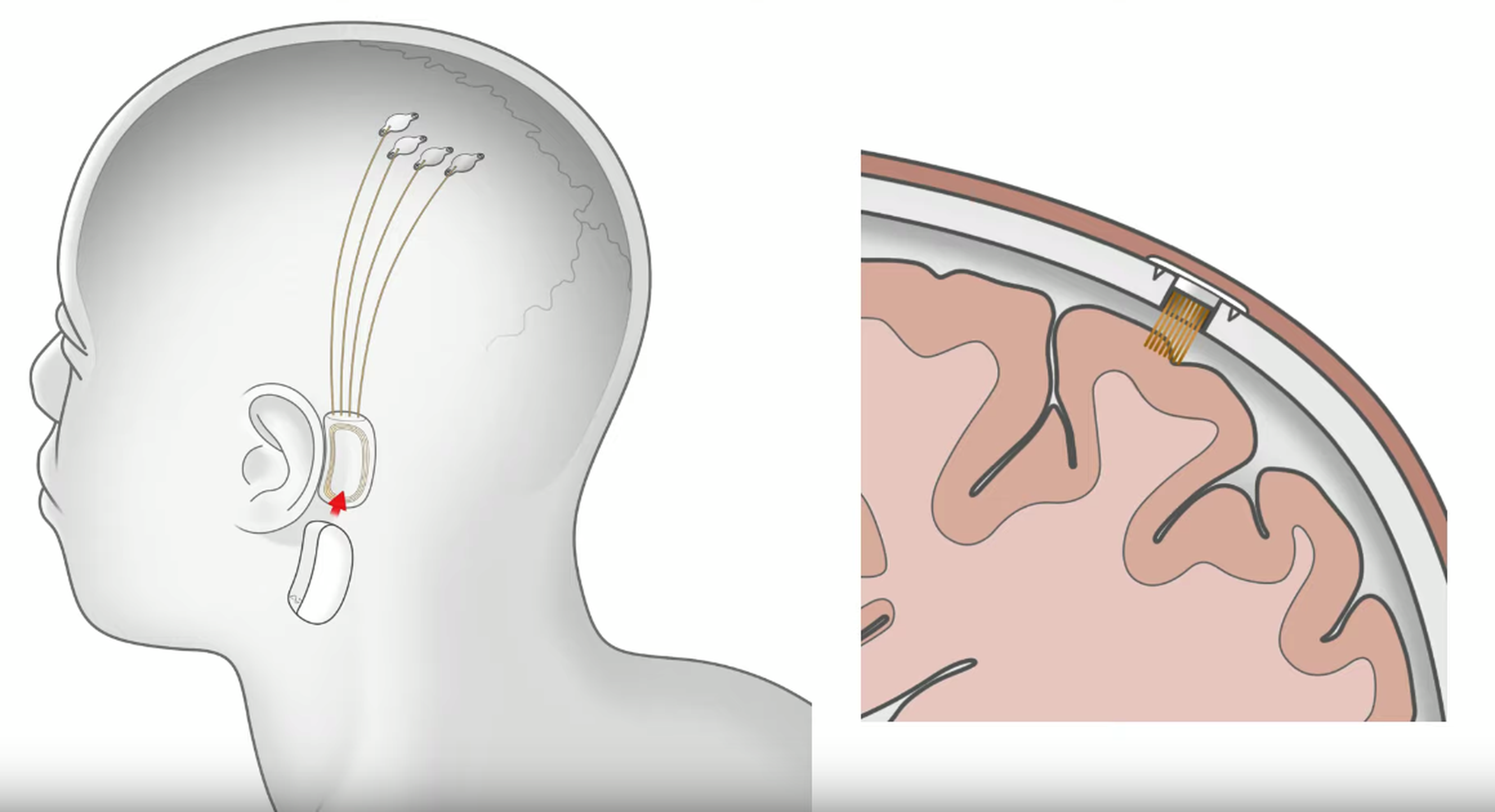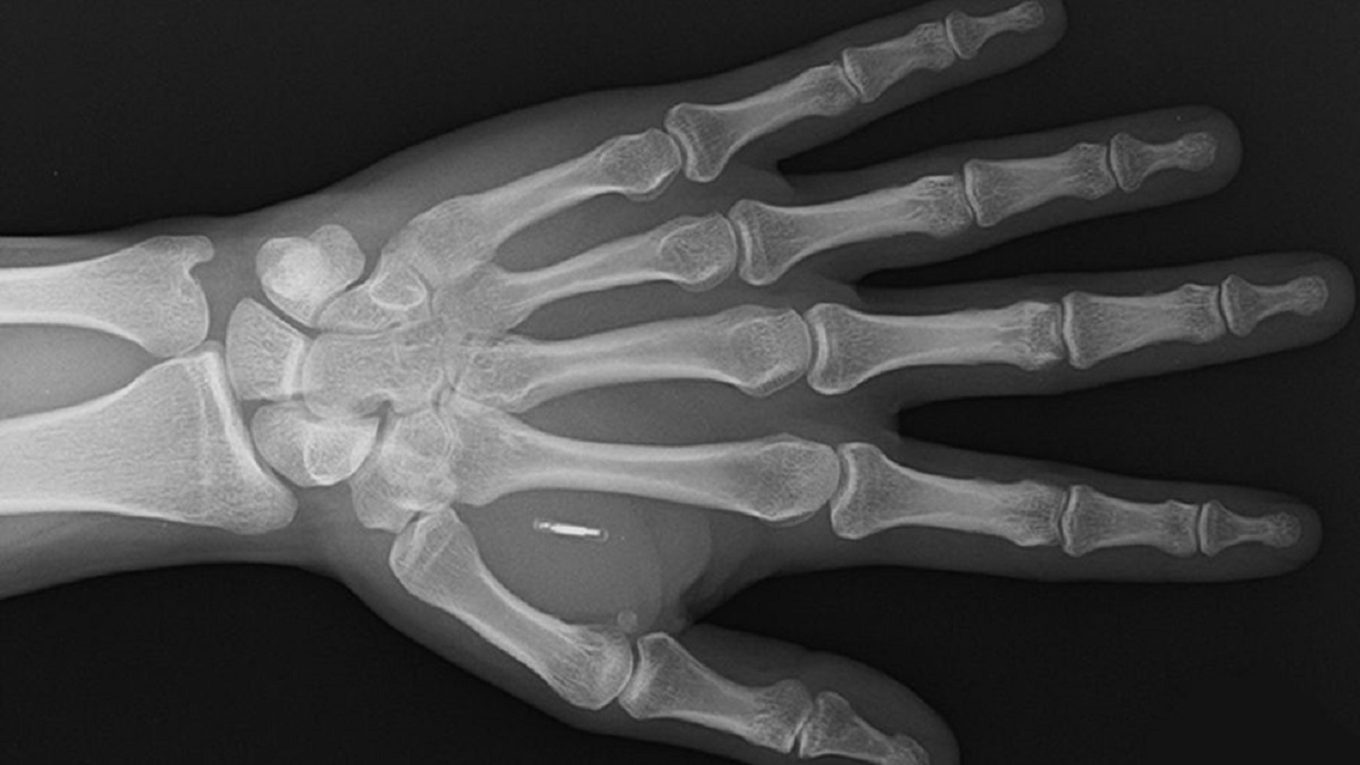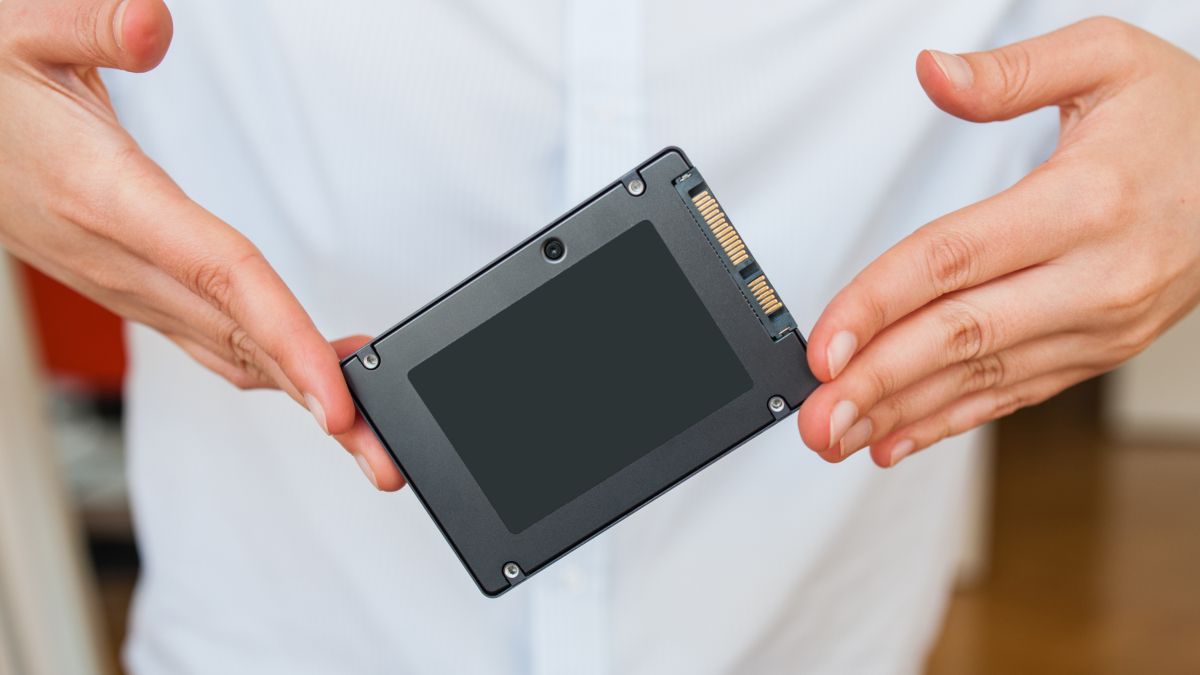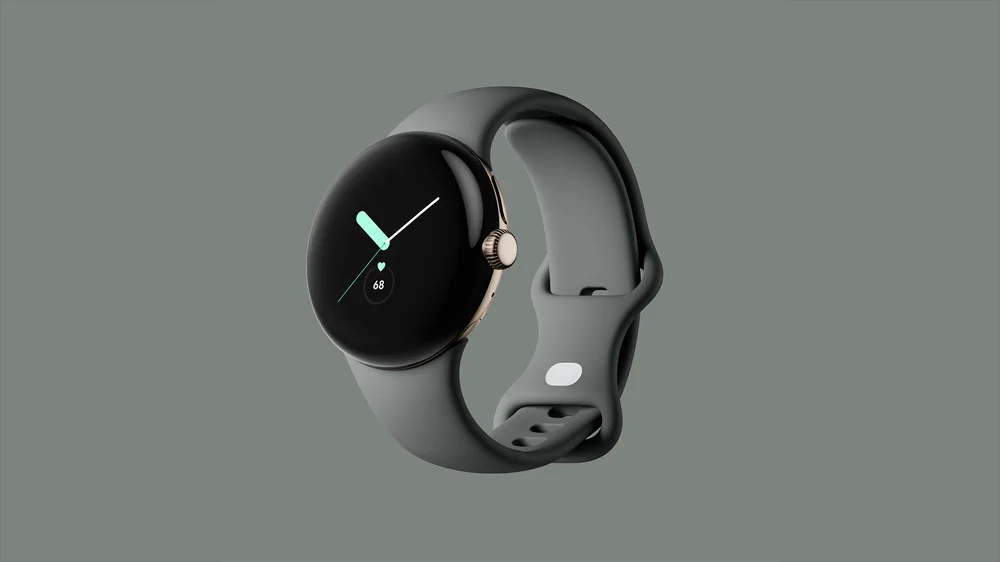Cyber bodies: the threats of technologies that can hack your body

Today society lives in an era in which technology and biology seem to be beginning to mix. A clear example of this is the growth in the number of companies dedicated to technological implants in the human body.
From RFID chips that unlock doors to devices that constantly monitor your health, it seems like these sci-fi concepts are becoming more and more real.
However, and despite its advantages that will also be discussed in this report, as it could not be otherwise, any advance in technology is not exempt from cybercriminals seeking to attack it.
Those known as biohackers represent a great danger with respect to these advances and they put on the table the need to resolve these potential dangers that go beyond the “simple” cyberattacks that many are currently aware of.
- Neuralink: a direct union between mind and machine
- NFC implants, an access pass to your identity
- RFID implants and their fusion with technology
- A great ethical dilemma that adds to the potential attacks
Neuralink: a direct union between mind and machine
One of the most incredible and headline-grabbing advances in this field is Neuralink, the company founded by Elon Musk. The vision behind Neuralink is to create a brain-machine interface that allows direct communication between the human brain and computers.
Elon Musk has expressed his vision that Neuralink could become a kind of “digital nervous system” that allows humans to keep pace with technological advancement and improve their own capabilities.
getty
While this sounds like science fiction, the project has come a long way. A few months ago, the startup received approval from the United States Food and Drug Administration (FDA) for its first clinical study in humans, and they have already obtained approval from an independent review board to begin recruiting patients for their study. first trial in humans.
This first trial will focus on recruiting patients with paralysis, specifically those affected by a cervical spinal cord injury or amyotrophic lateral sclerosis (ALS).
However, this connection also raises many questions and fears about privacy and security. Who controls and protects your brain data? What happens if a hacker accesses your thoughts?
If brain devices are connected to computer networks, there is a risk that cybercriminals can access and manipulate people’s thoughts and experiences.
Another worrying aspect is the idea that Neuralink could pave the way to the technological singularity, a hypothetical scenario in which AI surpasses human intelligence, triggering unpredictable changes in society and civilization.
If brain-machine interfaces (BMIs) allow an integration between the human mind and AI, humanity could face a radical transformation in the way we live and work.

NFC implants, an access pass to your identity
NFC (Near Field Communication) implants are another example of technology that is being integrated into the human body. These small chips enable short-distance wireless communication and are commonly used in access cards, mobile phones and payment devices.
Some people have chosen to implant these chips in their hands, allowing them to perform tasks such as opening doors with a simple gesture of the hand, paying, or storing personal information..
For example, Walletmor is a company that has based itself on NFC technology to generate an under-the-skin payment system, which will allow you to go anywhere and pass your hand through the reader to make the payment.
However, the problem with these chips is whether in the future they will become more and more advanced and packed with a person’s private data. “How much are we willing to pay for convenience? “Where do we draw the line when it comes to privacy and security? “Who will protect critical infrastructures and the human beings who are part of them?” explains a financial technology expert.
RFID implants and their fusion with technology
RFID microchips are devices that are implanted in the hand and allow access to the information they contain, as well as paying in stores without the need for a credit card or cash.
“More and more people in Sweden are implanting RFID chips in their hands and using them to unlock doors, ‘carry’ train tickets and even make payments,” said Ben Libberton, a doctor in microbiology at the MAX IV laboratory in Lund, Sweden. Sweden.

The biggest problem that experts see with these microchips is the security and privacy of the data, which can be violated. “As these chips become integrated into more digital services, they will reveal more data if compromised. It is a weak point when it comes to safety,” explains the communications director of SJ, a Swedish train company, Stephen Ray.
Simply put, if someone were to access the information on the chip, it could trigger a host of privacy and security issues.
A great ethical dilemma that adds to the potential attacks
As these technologies develop, the ethical dilemma they present cannot be ignored. The ability to alter and enhance cognitive and physical abilities raises basic questions about what it means to be human. How far are you willing to go to improve human skills? What is the price to pay to give rise to these developments?
Human autonomy also becomes a very hot topic. Who decides which technologies are safe and beneficial? What role should governments and companies play in regulating these innovations?
As you can see, the advances of Neuralink and NFC or RFID implants have the potential to change the future, but as these innovations reach the lives of many, it is clear that potential dangers that could put humanity in check must be resolved. . Not everything goes.



